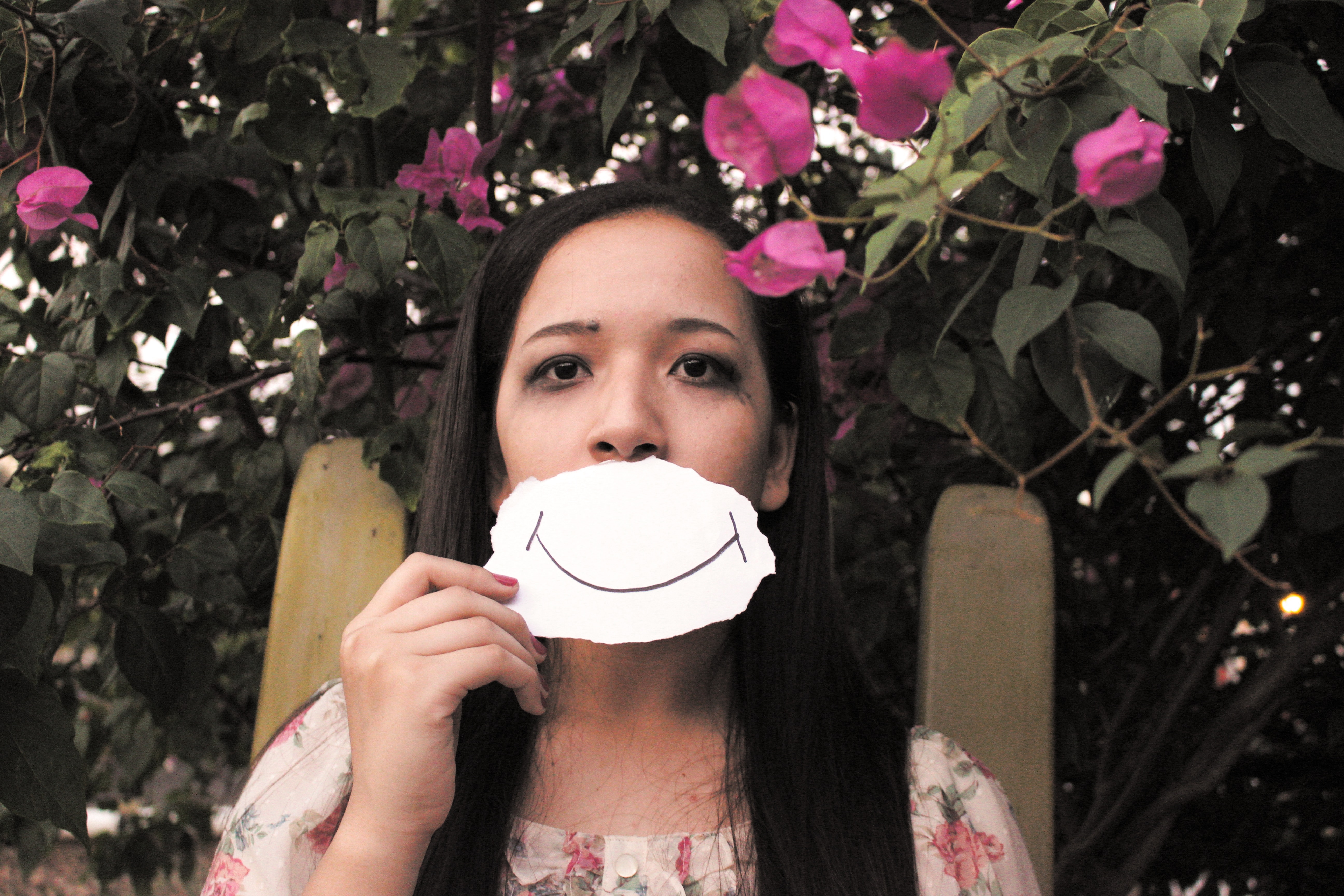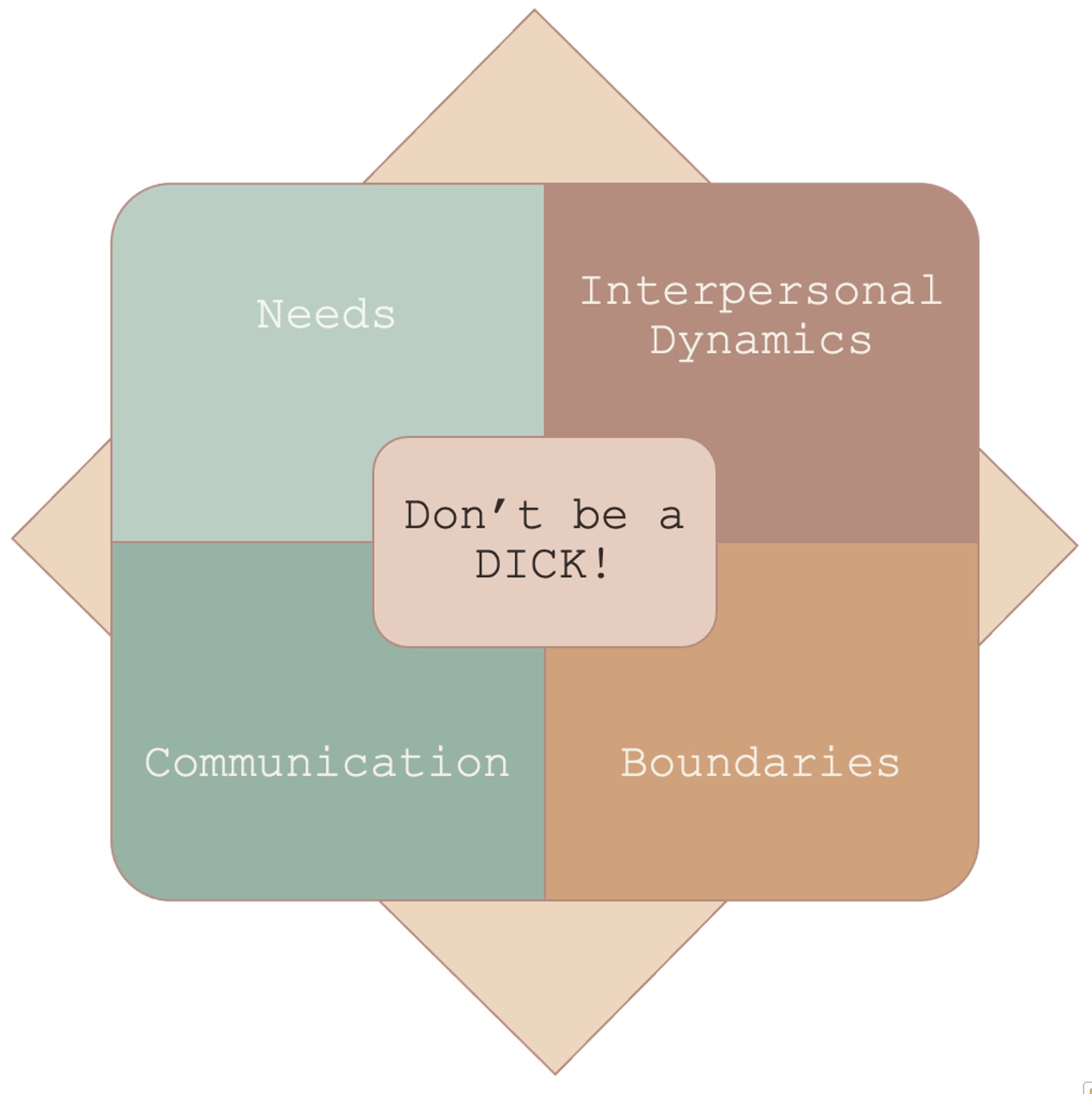Blog
The question ‘Am I too sensitive?' has come up often in my coaching practice, equally often in the context of ‘my boss' or romantic partner.
It's a horrible feeling. We question ourselves. We feel that our feelings are inappropriate somehow. We feel a bit out of our depth or on an uneven keel. In a team workshop I ran recently, they complained several times of ‘corporate gaslighting'.
So let's get a few things clear up front and then explore some practices that might help.
No, you are not too sensitive. Your needs are important and you don't need anyone to validate you. Yet it is helpful to recognise that we are all on a sliding scale of sensitivity.
On one end we can be super sensitive and need gentleness and care, in the middle, strong springing and resilient, on the other we can be perhaps brittle or numb.
Different relationships tend to bring out different parts of us and affect our ability to stay in our personal power, which affects our resilience. To be resilient we need to have range. Wherever we are on the scale, develop range by building toward the middle. Interpersonal dynamics which will well explore in next week's blog will help us with this.
Gaslighting is a word that gets thrown around a lot these days - a bit like burnout. There's an everyday kind of experience that is far less serious that what the term really means.
We say we are burnt out when we mean exhausted, needing a break, a few days off sorts us out. Those that have burnt out will tell you this feeling of exhaustion is about half way toward real burnout, a messy, heart breaking, life changing experience that takes years to recover from.
Gaslighting is a bit like this too. There's an everyday unintentional kind of gaslighting - where we just need to remind ourself "don't be a dick".
Then there is the much more serious situation of gaslighting for real, which is very much about one person's need to control the experience, the reality of another so significantly that their entire sense of self is diminished.
Again, like narcissism, I feel it's very important not to demonise anyone. Often there is a pairing of a gaslighter with someone who lacks self confidence and at first appreciates the illusion of certainty from the other.
What I hope you take away from this article are some simple practical things you can put into action. This is about getting clarity, understanding so that we can be wiser, stay in your power, feel more resilient and feel free to be who we are.
Samantha Kiani @_inspired.world Sensitivity Resilience Model
"Don't be a dick"
The everyday kind of gaslighting is where our point of view is so strong, our experience, our perspective so solid, that we railroad someone else's reality and tell them what their experience is.
On the most super basic level, he'll say "I'm hungry" and I say "No you're not, you can't be!" She says "ooof this is so hard" and I say "No it isn't, it's easy, you love it".
The team talking about ‘corporate gaslighting', their experience of the complexity of what they had to do, the difficulty of their working conditions, the degree of challenge they faced and how they were being marginalised in their department was being ‘no, no this isn't the case at all, this is how it is...' by senior leadership.
Honestly I'm kind of haunted still by the memory of telling my Mum in law during lockdown that the aches and pains she was feeling in her body were just like my gym DOMS and that she needed to move a bit more.
Now I've hit 50 and am experiencing the body aches and pain that comes with perimenopause, I feel awful. I was a total dick. I shut her down and didn't hear her suffering. Why? Because in truth, the thought of her suffering made me suffer. I didn't want to hear it. I was struggling myself in lockdown, I didn't have the inner resources to be more patient at that time.
This is a great example of the problem here. With this behaviour, no matter how trivial, we are shutting people down.
Short term this might give us an advantage but in the longer term, this behaviour erodes other's self-confidence. It damages the trust between us. We need to recognise this behaviour fundamentally harms relationship.
Whenever we find ourselves telling someone else what their experience is, what their feelings are, we should remind ourself: Don't be a dick, instead, be curious.
Some questions to help you get started:
• Mirroring, which invites sharing of more information. Very simple if you can keep your energy & tone neutral eg: "hungry?" "so hard?" "super challenging?"
• Tell me more about that?
• What's important about that?
• What do you want instead?
Curiosity is a powerful antidote to ‘being a dick' and let's face it we all do this from time to time. Curiosity is also the healer of ‘being a dick's darker cousin, the most poisonous toxin of relationships, contempt: ‘they're idiots, sigh, eye roll'.
Curiosity takes practice. It's a muscle that needs exercising to feel comfortable. Contempt makes this very hard to try in the beginning ‘why should I even care? I'm not giving them therapy!' - perhaps it helps to remember at the very least, curiosity helps smooth the path of relationship making your life easier too.
Tune in next week to delve deeper into the realm of personal power and inter-personal dynamics.
Add a comment:
YouTube
Here I walk you through step by step many useful and practical techniques for emotional intelligence and how to make friends with your mind.
And provide you with other resources that may help you grow including meditation and more.
Release Fear
15 min guided meditation set to soft music to help you calm, soothe and release fear.









